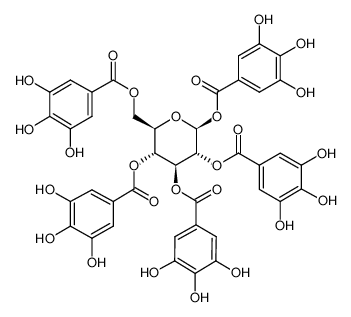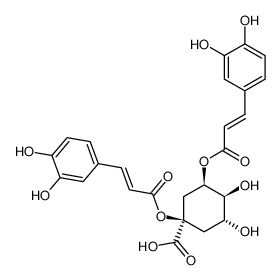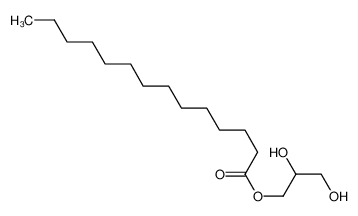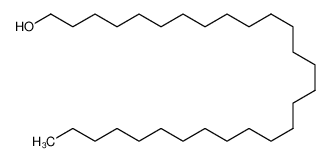$ 300.0
Quantity: 500 MG
In stock
Description
Product name: 1,2,3,4,6-Pentagalloylglucose
Synonym: Beta-1,2,3,4,6-Pentagalloylglucose
Catalog #: BP0001
Purity: 98%
CAS No.: 14937-32-7
Molecular Formula: C41H32O26
Molecular Weight: 940.681
Botanical Source: several Acer spp., Quercus spp., Rhus spp. and Rubus spp.
Analysis Method: HPLC-DAD or/and HPLC-ELSD
Identification Method: Mass, NMR
Packing: Brown vial or HDPE plastic bottle
References
1, Anti-Cancer, Anti-Diabetic and Other Pharmacologic and Biological Activities of Penta-Galloyl-Glucose
Pharmaceutical Research September 2009, Volume 26, Issue 9, pp 2066-2080
Abstract
1, 2, 3, 4, 6-penta-O-galloyl-β-D-glucose (PGG) is a polyphenolic compound highly enriched in a number of medicinal herbals. Several in vitro and a handful of in vivo studies have shown that PGG exhibits multiple biological activities which implicate a great potential for PGG in the therapy and prevention of several major diseases including cancer and diabetes. Chemically and functionally, PGG appears to be distinct from its constituent gallic acid or tea polyphenols. For anti-cancer activity, three published in vivo preclinical cancer model studies with PGG support promising efficacy to selectively inhibit malignancy without host toxicity. Potential mechanisms include anti-angiogenesis; anti-proliferative actions through inhibition of DNA replicative synthesis, S-phase arrest, and G1arrest; induction of apoptosis; anti-inflammation; and anti-oxidation. Putative molecular targets include p53, Stat3, Cox-2, VEGFR1, AP-1, SP-1, Nrf-2, and MMP-9. For anti-diabetic activity, PGG and analogues appear to improve glucose uptake. However, very little is known about the absorption, pharmacokinetics, and metabolism of PGG, or its toxicity profile. The lack of a large quantity of highly pure PGG has been a bottleneck limiting in vivo validation of cancer preventive and therapeutic efficacies in clinically relevant models.
Manufacturer: Chengdu Biopurify Phytochemicals Ltd.




